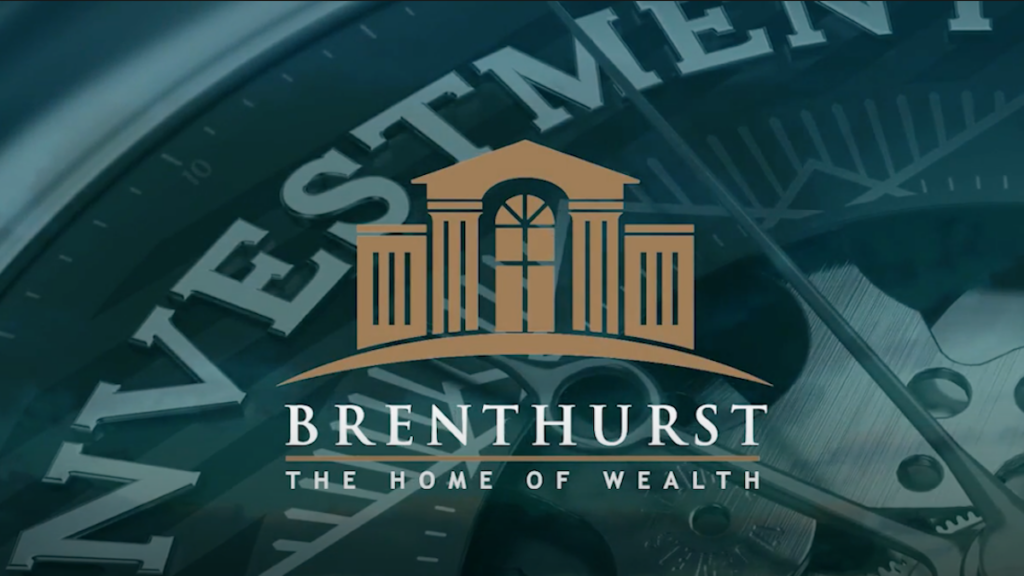*This content is brought to you by Brenthurst Wealth
By Charize Beukes *
It’s easy to feel lost or confused about your retirement investing, especially whether your investments will deliver the returns you need. I’ve found that clients worry less about this once they have a better appreciation for what investments are available, and especially which are most appropriate for them.
One way to simplify your understanding is to think of the options as ‘off-the-shelf’ or ‘out-the-box’. Something like choosing between a ready-made meal and a gourmet dinner, if you like.

The ready-made meal option offers you investment staples like funds invested in stocks and bonds, as well as savings accounts. The beauty of these dishes is that they’re familiar, reliable, easy to get, and they get the job done without much fuss. This convenience, however, does mean you sacrifice some of the flavour that a gourmet meal offers.
Stepping into a fine establishment to enjoy this gourmet dish is a different experience completely: your investment taste buds are treated to a variety of different flavours and sensations designed to delight you. So-called ‘out-the-box’, or alternative, investments include instruments like hedge funds, personal share portfolios (PSPs), and endowments.
Because these are not readymade meal-type investments, they are typically used by more experienced investors. Or by ordinary investors being advised by a qualified financial advisor who can help to structure a balanced portfolio of traditional as well as alternative investments.
So, let’s have a look at the what the off-the-shelf and out-the-box options are.
Understanding traditional investments
The bedrock of your investment portfolio starts with the basics—stocks, bonds, and savings accounts.
Listed equities
These are shares listed on a stock exchange, whether that’s in Johannesburg, Cape Town, New York or London. Most South African investors own shares through their retirement plan that tend to invest in funds that own a share in the listed companies. So, while you benefit from the growth in Apple shares, you don’t directly own shares in Apple.
Bonds
Bonds are like loans by a government or company, with your money used to fund development and growth. In return for ‘loaning’ the money for a fixed period, you receive regular interest payments and then get your initial investment back at the end of the investment term. Bonds are a good way to diversify your portfolio, while earning regular income and lower volatility.
Savings accounts
This is the pie and gravy staple of your off-the-shelf options. They’re safe and reliable, paying some interest with minimal risk. They’re an essential component of any financial plan, especially as a safeguard against unexpected expenses or emergencies.
Feasting on alternative investments
In the same way that your taste buds evolve over time, so will your investment tastes. Out-the-box investments are definitely an acquired taste that you develop as you become a more experienced investor.
Each of these options have their pros and cons, but they’re definitely worth exploring when you feel that your appetite for greater variety grows.
Personal share portfolios
This will probably be your first step into the world of gourmet meals and is not unlike customising your meal from scratch by selecting each ingredient to suit your taste perfectly.
A share portfolio is one you build up outside of your regular retirement contributions, which are often invested into funds consisting of multiple stocks. This diversifies your risk, which over the long term should produce positive returns.
A personal share portfolio, on the other hand, is made up of direct holdings in listed equities, whether locally or abroad. This option is best if you like to be closely involved in your investments, tailoring the portfolio to align more closely with your goals and ambitions.
Hedge Funds
Think of hedge funds as the chef’s special: crafted with a mix of ingredients and cooking techniques aimed at delivering a standout dish.
These funds use different strategies, like leveraging to amplify the size of your investments, or short selling to profit when stocks fall, to produce high returns in bull and bear markets. These investments aren’t to everyone’s taste because of the risks involved, as well as the higher price tag in terms of fees and minimum investments.
Endowments
Endowments are the slow-cooked, hearty stews of the investment world, blending the comforting aspects of savings with the protective layer of life insurance. They’re simmered over a set period to deepen the flavours, offering tax efficiencies especially for those in higher tax brackets.
Here are some key benefits of endowments:
Tax efficiency and offshore investment: Endowments are great for saving on taxes, and they don’t limit how much you can invest overseas. This is perfect for those looking to invest in international markets.
Easy tax management: The endowment handles tax payments for you using a method called the ‘Five funds’ approach, so you don’t need to worry about reporting it on your tax return.
Protection from creditors: If you’ve had your policy for more than three years, creditors can’t touch it if the policyholder or their spouse is the one insured. This protection lasts for five years from when you start receiving policy benefits, making it a solid choice for business owners.
Access to your money: Once the first five years are up, you can start taking money out of your investment without any limits on how much or how often. All the other benefits of the endowment stay the same.
Estate planning perks: Using an endowment can reduce executor’s fees (which can be up to 4.025%) if the policy pays out to a beneficiary when the policyholder dies.
Quick payout to beneficiaries: Your beneficiaries can get their payout quickly because it’s not tied up in the estate settlement process.
I’m sure you’ll agree that adding these alternative investment options offer you greater flexibility as well as diversification of your risk. How many of your meals should be gourmet vs readymade is something you need to discuss with your financial advisor. The weighting of traditional vs alternative investments is directly correlated to your current status, your goals and your risk profile.
I would however encourage you to start broadening your tastes when the time is right. There are definite long-term benefits to your portfolio’s performance.
* Charize Beukes, CFP®, is a Financial Advisor at Brenthurst Wealth Pretoria. [email protected]

Read also:
Visited 1 times, 1 visit(s) today




